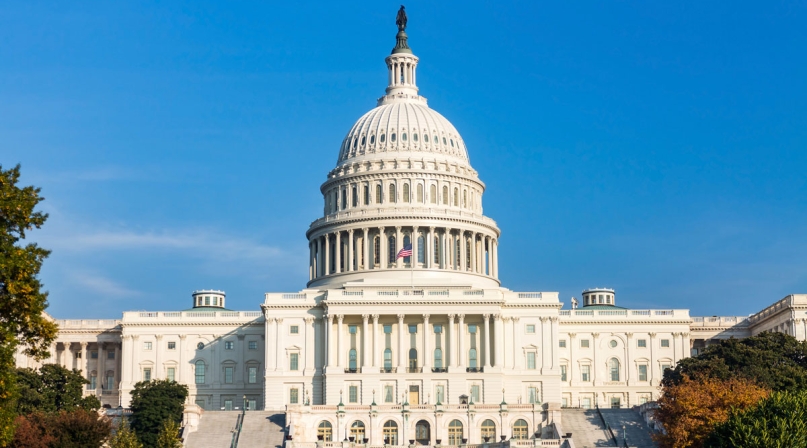Lawmakers introduce bipartisan Foster Care Tax Credit Act
Author

Julia Cortina

Kevin Moore
Upcoming Events
Related News

Key Takeaways
On March 27, Reps. Erin Houchin (R-Ind.) and Julie Johnson (D-Texas) introduced the Foster Care Tax Credit Act (H.R. 2438), which would create a refundable tax credit for families that care for a child for six months or less and are, as a result, ineligible for the child tax credit. Eligible taxpayers would receive an income-based tax credit of up to $850 per taxable year for the care of a qualifying foster child. NACo previously supported this legislation and continues to advocate for its passage to reduce burdens on county-administered child welfare systems.
How will this impact counties?
- County governments are responsible for administering child welfare services in California, Colorado, Minnesota, New York, North Carolina, North Dakota, Ohio, Pennsylvania and Virginia, and share administration responsibilities with state governments in Nevada and Wisconsin.
- A foster care tax credit would provide critical financial relief to short-term foster families, particularly in these 11 states where counties play a direct role in child welfare administration, but there is a shortage of licensed foster homes.
- In some states, there are more than twice as many children in foster care as there are available foster homes, making it increasingly difficult to secure appropriate placements, especially for youth with complex behavioral, developmental and mental health needs.
- A tax credit for short-term foster parents could help expand the pool of available foster homes, alleviating the current placement crisis and leading to better placement stability for counties by reducing our reliance on costly emergency interventions, improving outcomes for children in care.
Resource
County Policy Priorities for Transforming the Child Welfare System

Related News
Stretching small opioid settlement allocations helps funding do more
States and localities are set to receive $56 billion in opioid settlement dollars over an 18-year period, but not every county that receives settlement funding will get enough to build out infrastructure.

